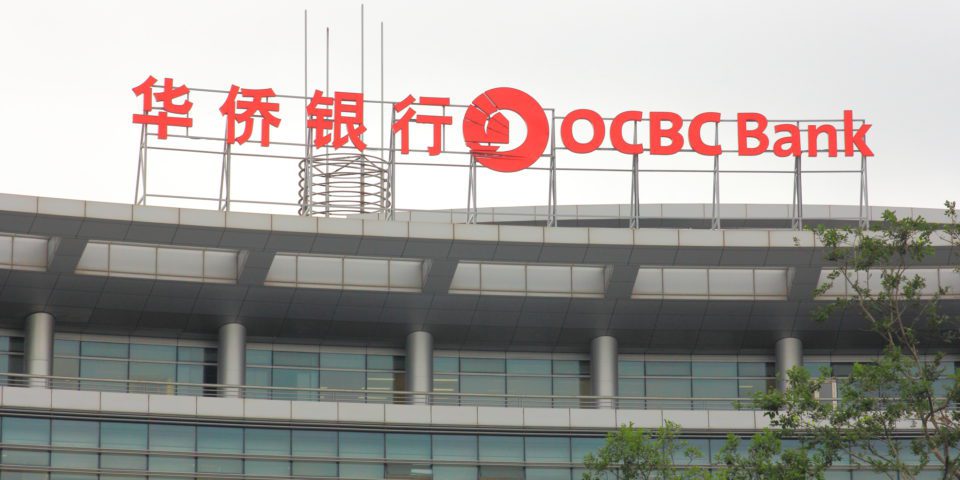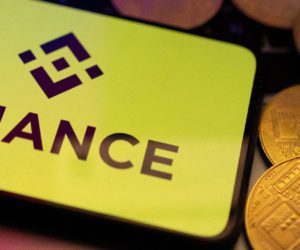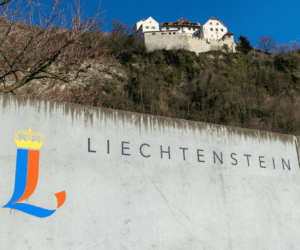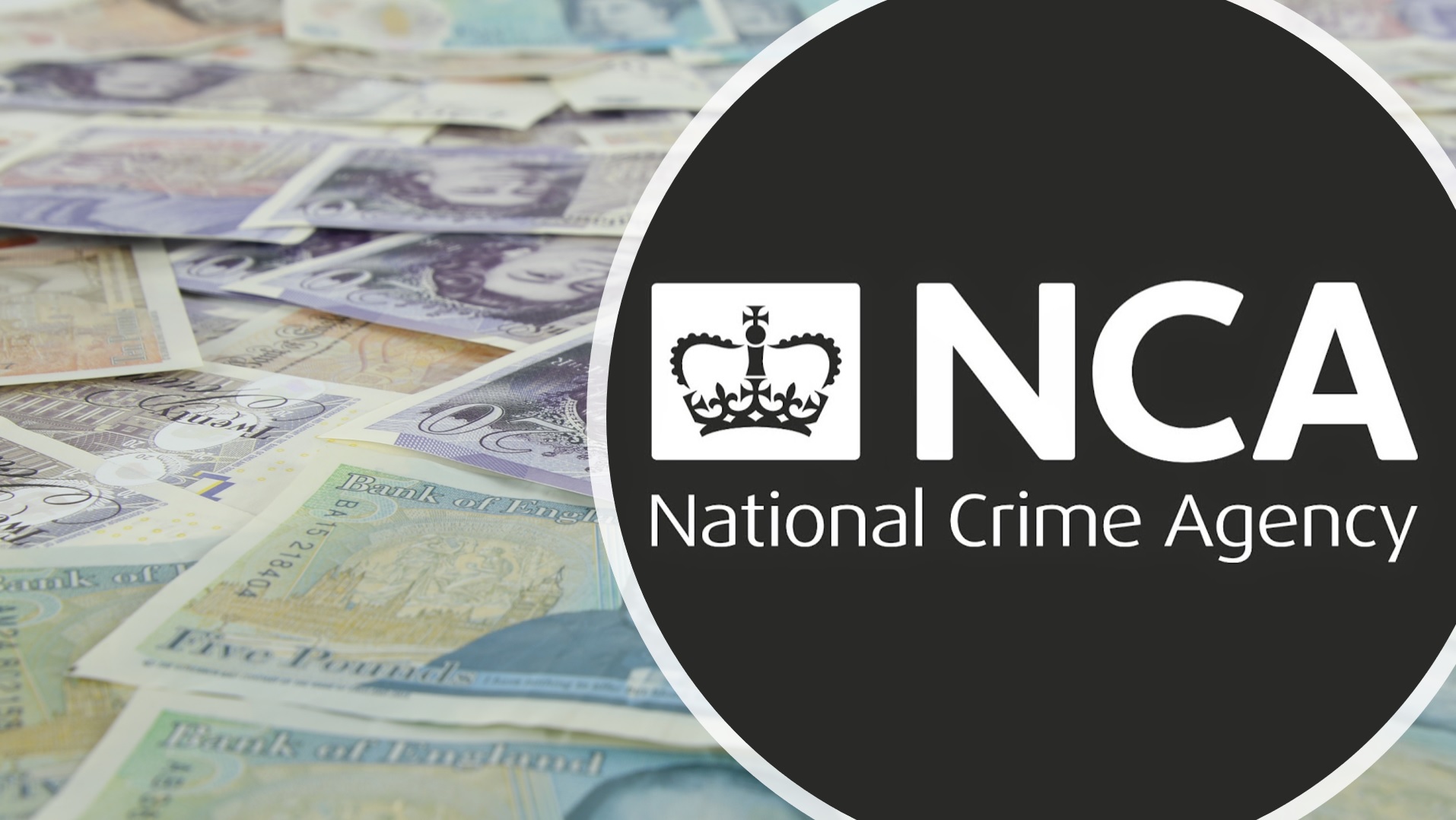By AML Intelligence Correspondents
SINGAPORE’s banks are taking longer than usual to perform due diligence on clients and closing accounts in some cases, sources said, as procedures tighten after the financial hub’s biggest money laundering scandal, which involved $2 billion in assets.
Banks such as Oversea-Chinese Banking Corp Ltd (OCBC) , Citigroup Inc and United Overseas Bank (UOB) are demanding more documents than usual in some cases to verify sources of wealth, two of the sources said.
Also, wait times for wealthy individuals opening bank accounts have risen significantly from the one to three months typical before the scandal, said the sources who spoke on condition of anonymity as the matter is sensitive.
In a statement, the Monetary Authority of Singapore said financial firms must verify customers’ identities, establish the sources of wealth and funds of higher-risk clients, and keep track of transactions.
“These requirements are not new,” the central responded to a Reuters request for comment. “Given the attributes and size of their transactions, high net-worth individuals are often subjected to more stringent checks by financial institutions.”
The changes in due diligence by banks come after police in August arrested and charged 10 foreigners, all from China, a big source of fund inflows, in Singapore’s most dramatic swoop of its kind.
Authorities have seized about $2 billion worth of assets, from luxury real estate and cryptocurrencies to gold bars, designer handbags and funds parked in banks such as Credit Suisse and Julius Baer.
One source, a wealth manager with a Singapore bank, said after the scandal that only “high-quality clients with good profiles and substantial assets under management” could expect to get a private banking account opened within three months.
A spokesperson for Singapore’s second-biggest lender, OCBC, said it devoted “significant” resources to continuously strengthen controls and worked closely with regulators and peers to guard against illicit activities.
“We are committed to the fight against money laundering and ensuring the highest standard of governance and controls,” said Citi. “We have been working with the authorities to strengthen and protect the integrity of the financial system.”
In a statement, UOB said it was vigilant against risks from money laundering or terrorism financing and ensured robust checks as part of its due diligence checks, making use of data analytics and technology solutions.
Credit Suisse and Julius Baer declined to comment.
ACCOUNTS REVIEW
The scandal comes at a time when the city-state is experiencing a sharp jump in asset inflows from China, Hong Kong and elsewhere, drawn by its relative political stability, low taxes, and policies favourable for setting up funds.
Total assets under management in Singapore rose 16% to S$5.4 trillion in 2021, the latest central bank figures show, outstripping an increase of 12% worldwide that year, to $112 trillion.
With the scandal prompting questions about Singapore’s image as a wealth hub, authorities are stepping up inspections into financial firms suspected of involvement in the case.
The increased checks have led some banks to drop clients.
A Chinese national and permanent resident of Singapore said OCBC notified them last month that it would close their decade-old account, without giving a reason.
“We have conducted a review of the accounts … and regret that we can no longer support them,” OCBC said in a notice, adding that it was unable to say what factors prompted its decision.
The individual, who sought anonymity, believed the closure was due to suspicion of money laundering as the account featured in regular transactions with business partners in China.
OCBC did not comment on this specific case.
A real estate agent, who advises wealthy foreign and domestic individuals, said the opening of bank accounts was now taking much longer than usual for some clients. “Business is very tough for us now, there are so many hurdles we have to go through,” the agent added. “But better to be extra careful than get involved in crime.”








